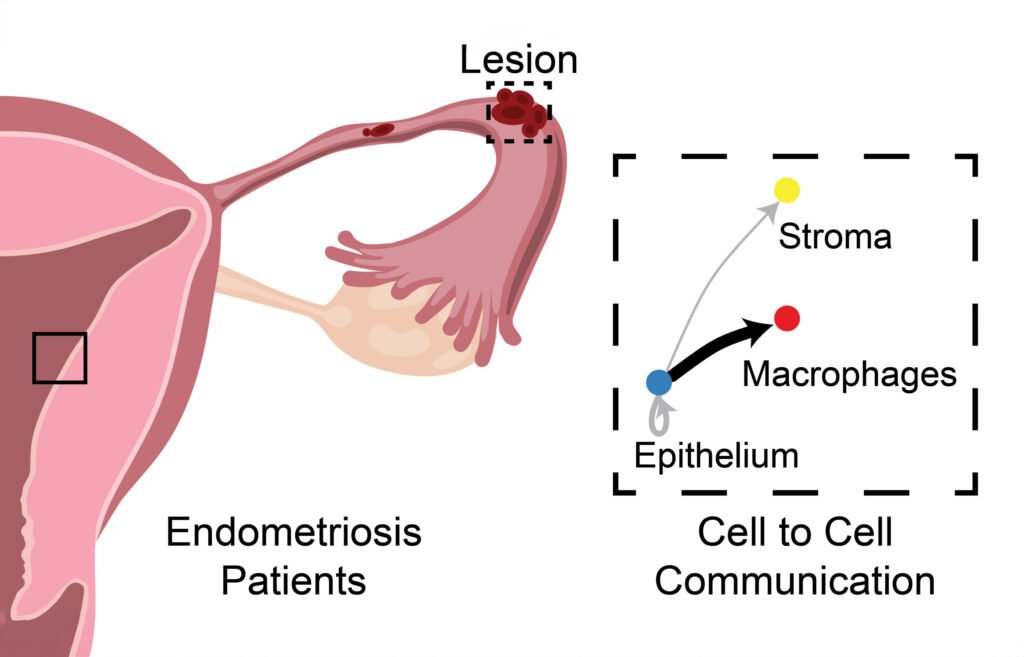Endometriosis is a common yet often misunderstood condition that affects roughly 200 million women worldwide. This condition occurs when tissue from the lining of the uterus grows outside the uterus, leading to severe pain and infertility in some cases. Despite its prevalence, endometriosis is often misdiagnosed or overlooked, causing delays in treatment and significant challenges for patients.
A recent study conducted by researchers at Michigan State University sheds light on potential new treatments for endometriosis. Led by Professor Asgerally Fazleabas, the research team has identified a crucial communication pathway between the immune system’s macrophage cells and the cells in endometriosis lesions. This discovery opens the door to developing non-hormonal therapies that could revolutionize the way endometriosis is treated.
According to Fazleabas, endometriosis typically begins in adolescence, with many young girls experiencing debilitating pelvic pain and menstrual complications. However, diagnosing endometriosis can be challenging, as it often requires invasive procedures like laparoscopy. Older women may also face obstacles in obtaining a timely diagnosis due to other gynecological conditions complicating the picture.
The recent study published in iScience highlights the critical role of epithelial cells in communicating with macrophages within endometriosis lesions. By influencing the function of these immune cells, the epithelium creates an environment that promotes the development of the disease. Understanding this cellular cross talk provides a foundation for developing more effective therapies for endometriosis.
The findings of this research have the potential to significantly impact the lives of endometriosis patients who often endure years of pain and uncertainty before receiving a diagnosis. By unraveling the complex interactions between different cell types in endometriosis lesions, researchers aim to pave the way for targeted and non-hormonal treatment options that could offer relief to millions of women worldwide.
In conclusion, the research conducted by the Michigan State University team represents a crucial step forward in the quest for better treatments for endometriosis. By delving into the intricate mechanisms underlying this condition, scientists are working towards a future where women with endometriosis can receive timely and effective care, ultimately improving their quality of life.


